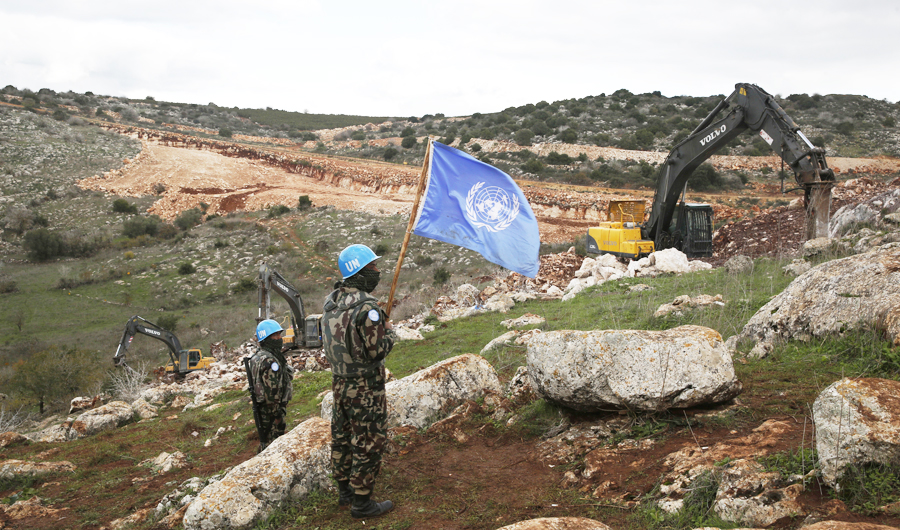France urged to suspend boat delivery to Libya over migrant concerns
PARIS: Eight international NGOs including Amnesty International and Doctors Without Borders (MSF) demanded on Thursday that France suspend the delivery of boats to Libya’s coast guard on concerns they would be used to intercept migrants.
French Armed Forces Minister Florence Parly had in February agreed to donate six boats to the Libyan navy, under which the coast guard operates, in a move she said was aimed at helping them “in the fight against illegal immigration.”
But the offer angered rights groups who said they would be used to block migrant boats seeking to reach Europe, forcing those on board to return to war-torn Libya.
The demand was laid out in a legal challenge that was filed at the administrative court in Paris on Thursday morning.
In it, the groups demand “the suspension of the decision” until the court decides whether or not the donation is legal. The court has 48 hours to make a decision.
The NGOs believe forcing people to return to Libya would expose them to “serious human rights violations.” Massimo Moratti, regional director for research at Amnesty International, said the pledge to deliver boats to the Libyan coast guard was “an unlawful and reckless decision.”
 He said it was all the more dangerous at a time when fighting has intensified after Eastern commander Khalifa Haftar launched an offensive on the capital Tripoli earlier this month.
He said it was all the more dangerous at a time when fighting has intensified after Eastern commander Khalifa Haftar launched an offensive on the capital Tripoli earlier this month.
“Doing it now, as the armed conflict in Libya escalates, is even more callous and irresponsible,” Moratti said in a statement, warning the donation would make France “complicit” in trapping people inside the country.
The NGOs accused the coast guard of having a bad track record in respecting those in distress at sea, saying it should not be given the logistical means to step up such abuses.
The statement accused the coast guard of abuses including pushing those in distress back into the water, threatening them with weapons and firing toward them.
The six vessels, which are to be delivered in the coming weeks, are 12-meter, semi-rigid boats made by French specialist Sillinger.
Besides Amnesty and MSF, the legal petition was joined by France’s Human Rights League, immigrant support group GISTI, Lawyers Without Borders, migrant aid groups La Cimade and Migreurop and Italian research and aid group ASGI.

Italy urges EU to ready plan for Libya refugee flight, work on joint initiativeMigrants in Libyan jail were reportedly seriously wounded in shooting -UN
 The current facilities are not suitable for ships heavier than 30-35 tons and “we needed to try to ensure very deep docks to accommodate cargoes of up to 100 tons.”
The current facilities are not suitable for ships heavier than 30-35 tons and “we needed to try to ensure very deep docks to accommodate cargoes of up to 100 tons.”

 Idlib has been protected from a massive regime offensive by a September deal inked by Damascus ally Russia and opposition backer Turkey. But regime bombardment has increased since HTS took full control of the region from rival fighters in January. Other items expected to be included in negotiations include prisoner swaps and the distribution of humanitarian aid.
Idlib has been protected from a massive regime offensive by a September deal inked by Damascus ally Russia and opposition backer Turkey. But regime bombardment has increased since HTS took full control of the region from rival fighters in January. Other items expected to be included in negotiations include prisoner swaps and the distribution of humanitarian aid.
